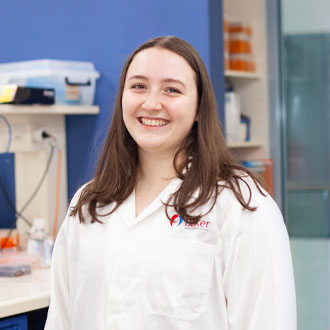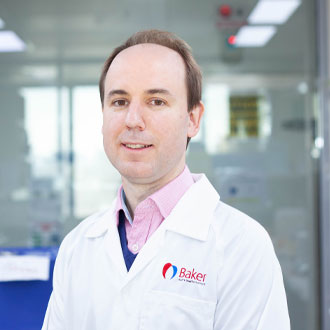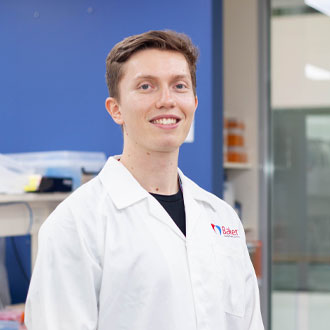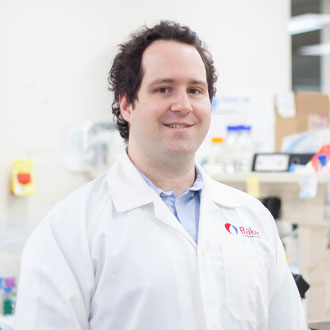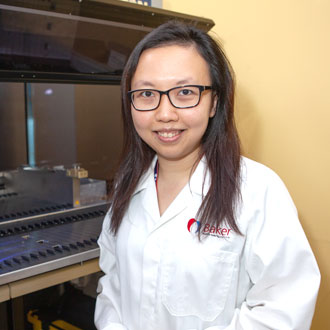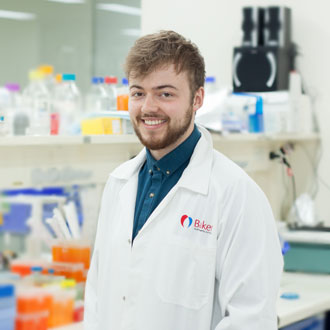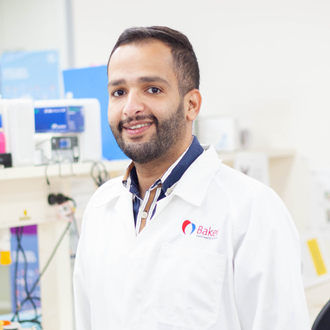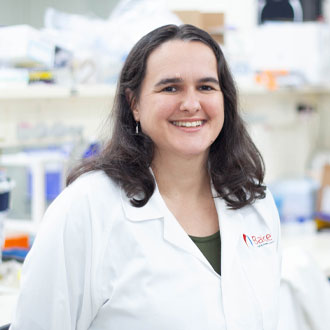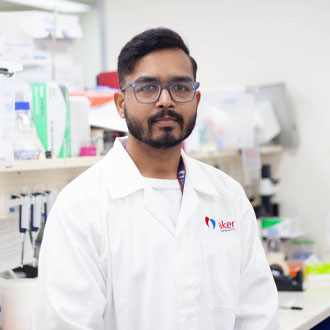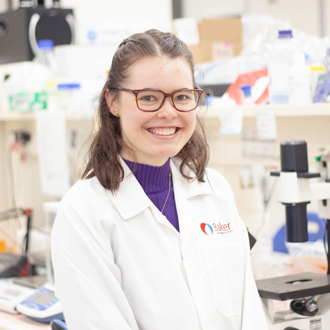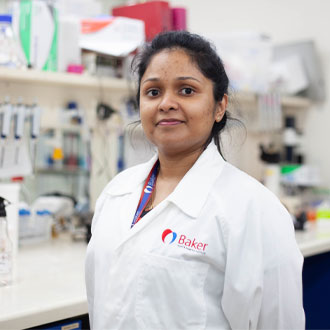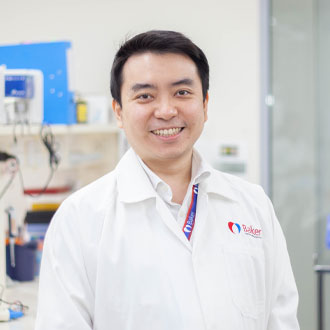About the Atherothrombosis and Vascular Biology laboratory
The Atherothrombosis and Vascular Biology laboratory pursues a broad range of projects that have a common focus on improving diagnosis and therapy of thrombotic and inflammatory diseases such as myocardial infarction and atherosclerosis. A range of biotechnological methods is used, including recombinant protein design/production, generation of functionalised nanoparticles/liposomes/microbubbles, various omics technologies (single-cell RNA sequencing, proteomics, lipidomics), various immunological technologies, flow cytometry, flow chamber, microfluidics, intravital microscopy, ultrasound, MRI, PET, various fluorescence imaging systems and various animal models of thrombosis, atherosclerosis (including a unique mouse model of plaque instability) and inflammation. Most recently we have extended our research into the development of mRNA therapeutics. All of these projects have a strong translational orientation, which is facilitated by several laboratory members (physicians/cardiologists/haematologists) treating patients with cardiovascular and haematological diseases as well as cancer. Several of our research projects resulted in patents and the establishment of start-up companies (e.g. Nirtek).
Work in the laboratory is particularly attractive for students and postdoctoral researchers interested in the development of advanced biotechnological tools for molecular imaging and novel therapeutics (e.g. nanoparticles, anti-inflammatory drugs and mRNA therapeutics for plaque stabilisation). The translational direction of the laboratory and the inclusion of patients in studies is highly attractive for physician scientists.
Research focus
- Molecular imaging of thrombosis and inflammation using MRI, PET, ultrasound, FLECT, and IVIS.
- Novel recombinant therapeutics for thrombotic and inflammatory diseases.
- Microfluidic flow chambers.
- Intravital microscopy.
- Flow cytometry.
- Animal models of thrombosis and inflammation.
- Production of recombinant proteins for diagnosis and therapy.
- Diagnosis and treatment of patients with coronary artery disease and myocardial infarction.
- Single-cell RNA sequencing.
- mRNA therapeutics for cardiovascular diseases.




